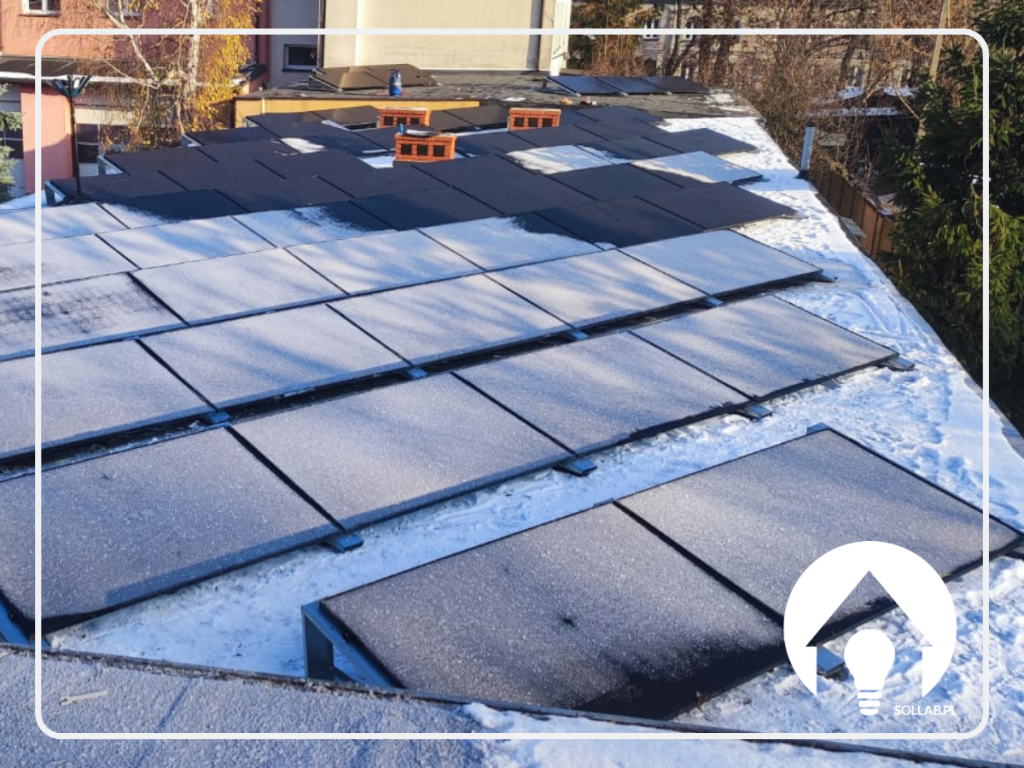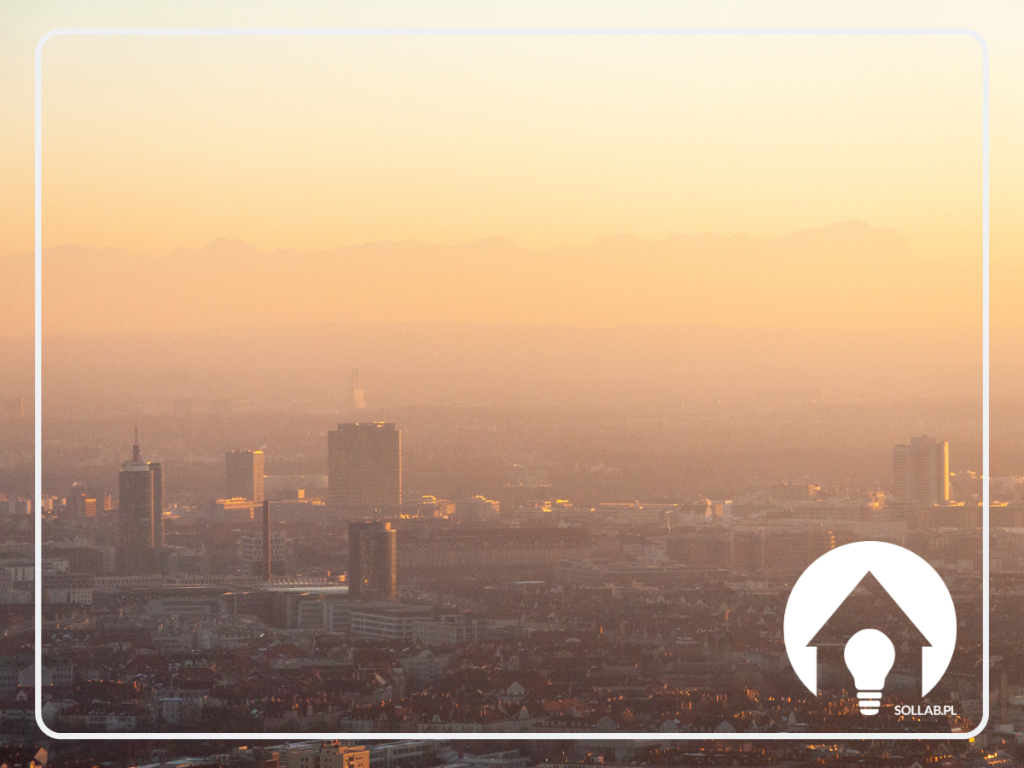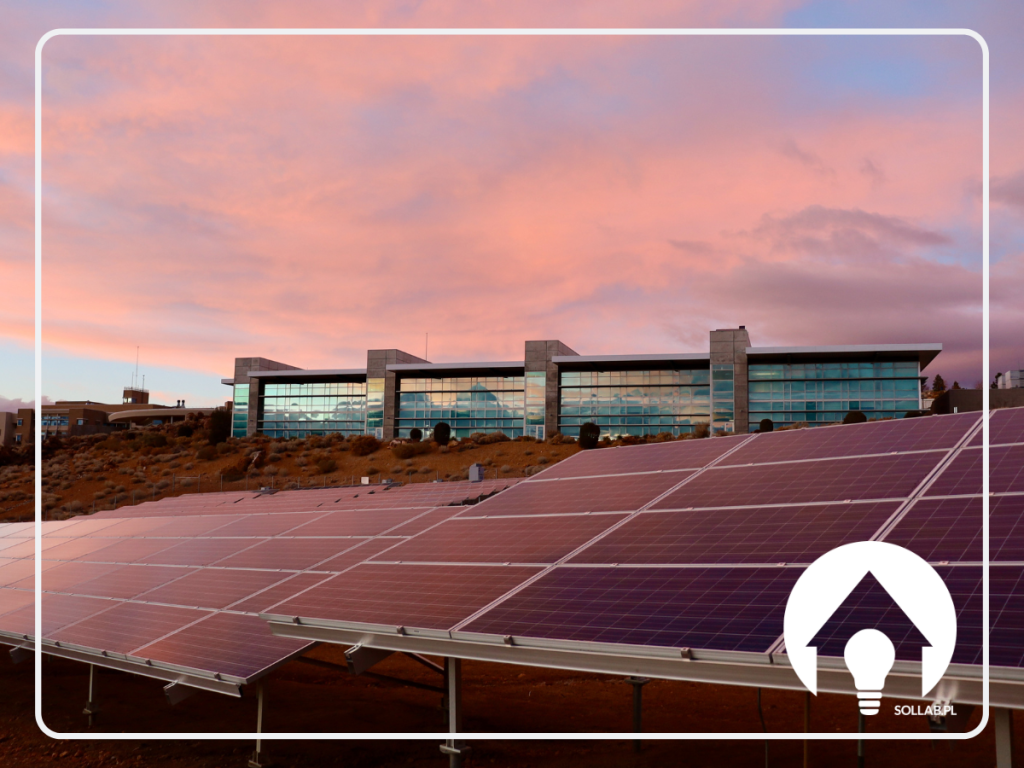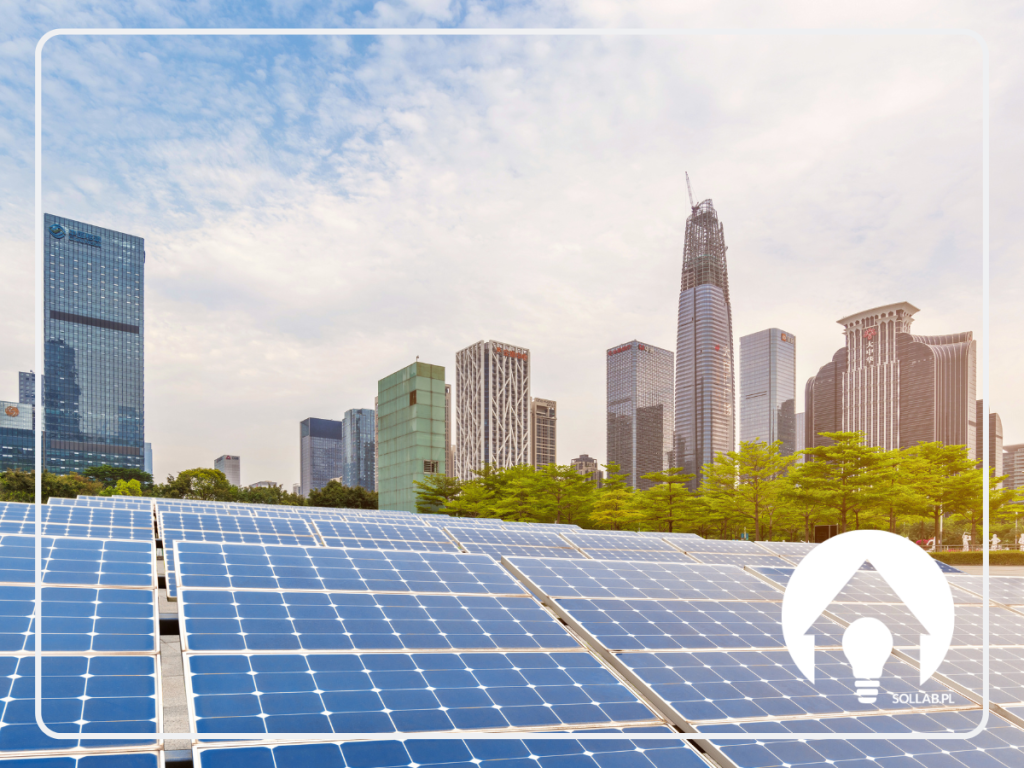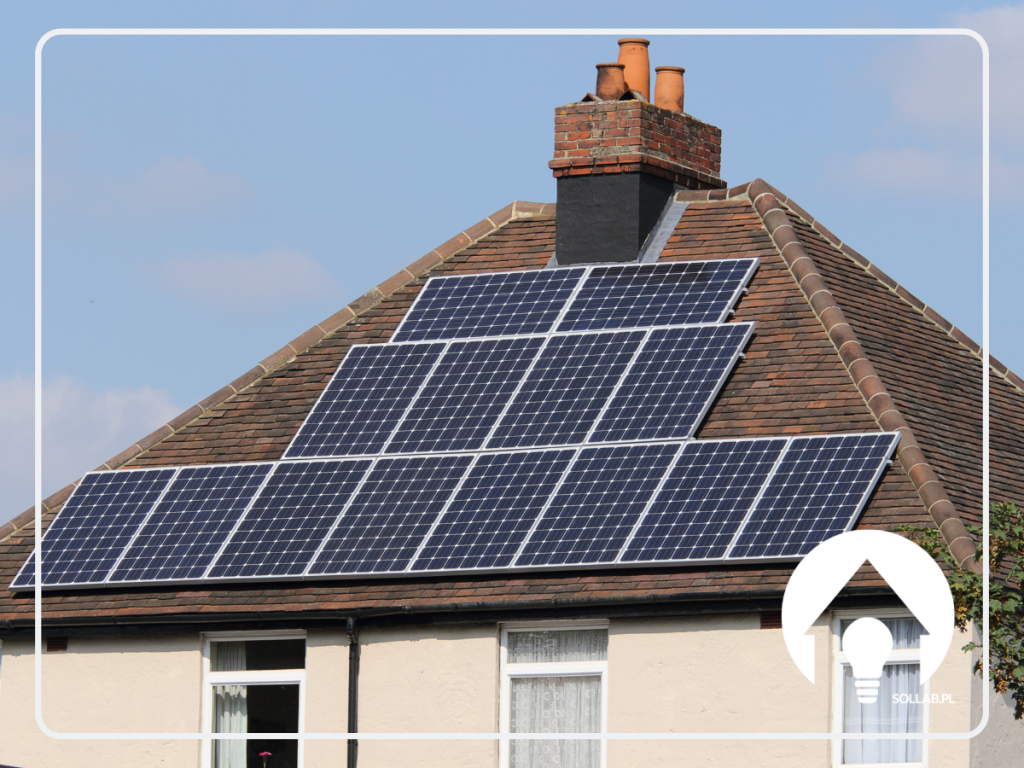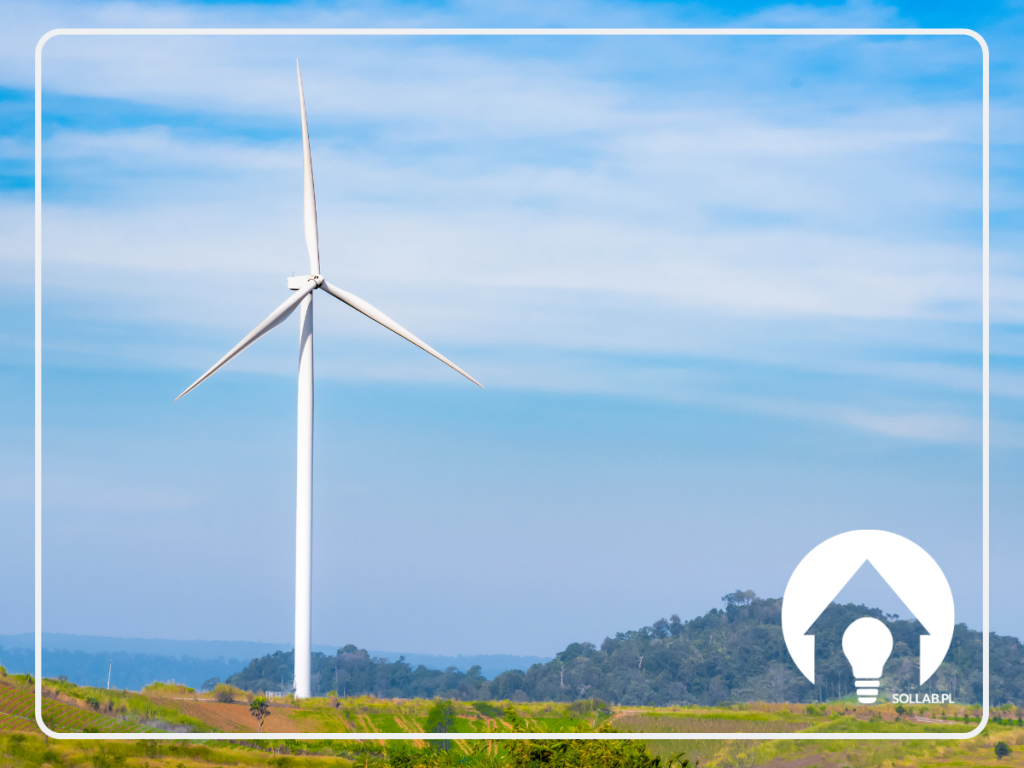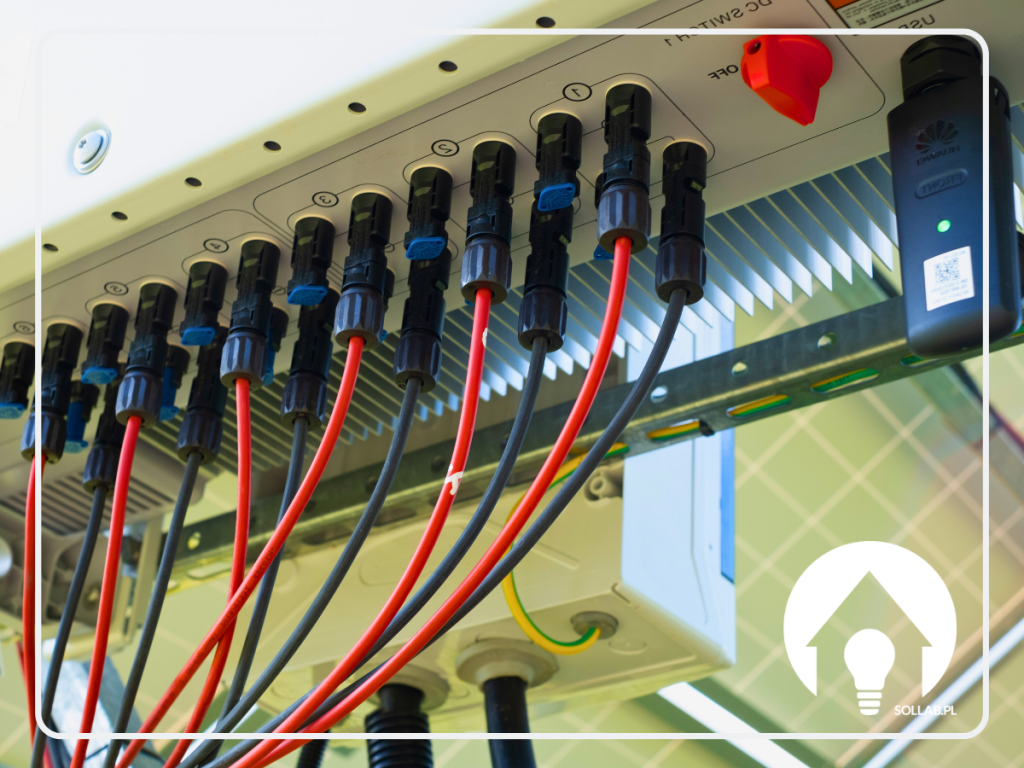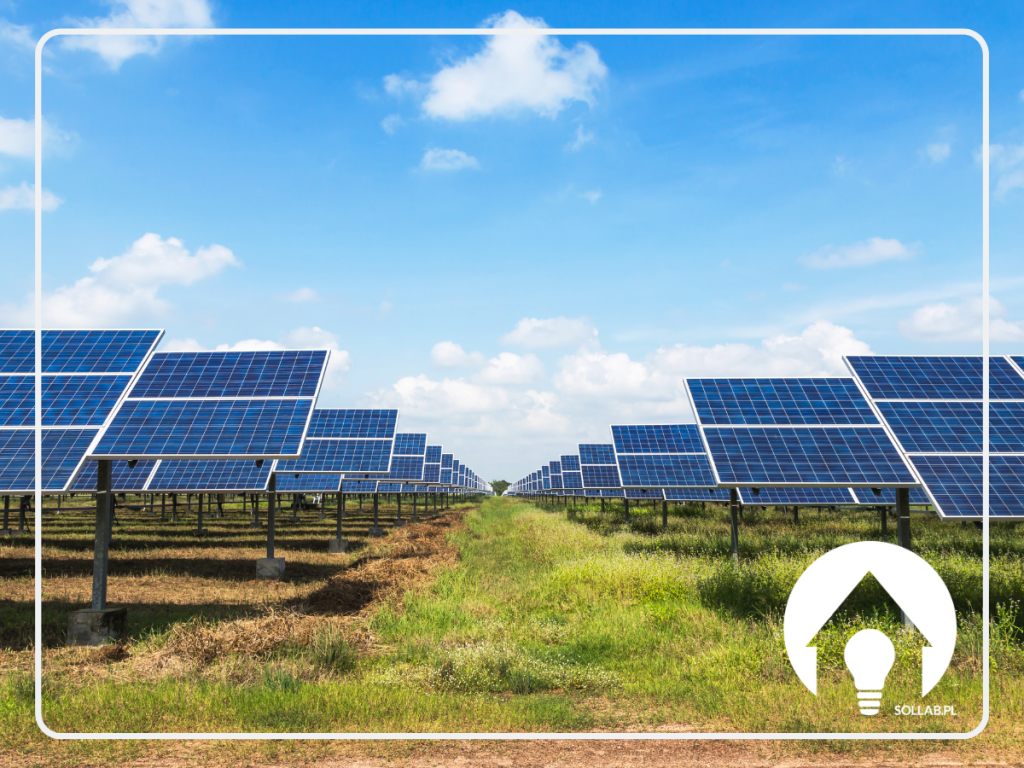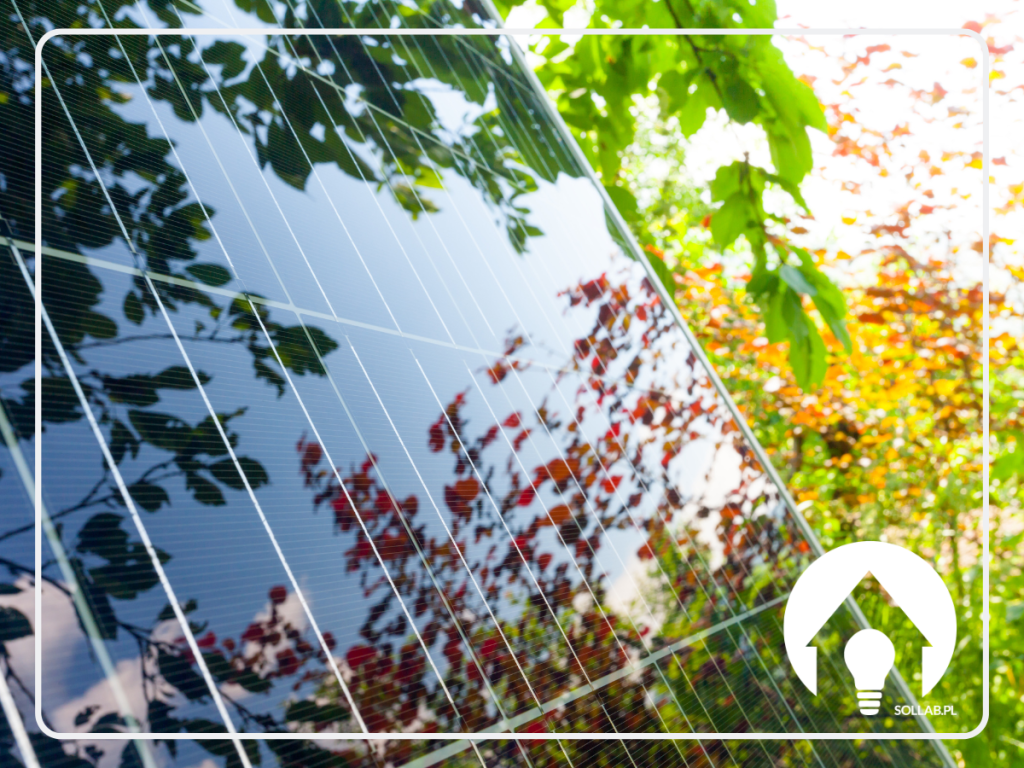The virtual prosumer - what is worth knowing about it?
The Renewable Energy Sources (RES) Act, amended in 2021, introduced significant modifications to the RES industry, including a new category of market participant - the virtual prosumer. Who qualifies to be a virtual prosumer and what benefits are associated with it?
Who is a virtual prosumer?
A virtual prosumer is a term defined in the Renewable Energy Sources Act. It is a person or entity that produces electricity from renewable sources for its own use, but does so at a location different from where this energy is used. This energy is produced in a RES installation that is connected to the distribution grid, but not through the internal electrical installation of a multi-family building. Additionally, for non-households, energy production may not be the main economic activity. This prosumer model, which allows energy to be produced in one place and used in another, is already known and applied in other countries, such as Lithuania.
Who can become a virtual prosumer?
The introduced amendment allows various entities to become virtual prosumers, which is a significant benefit of these legal changes. For example, an entrepreneur with a micro-installation in a region other than his or her business premises can become a virtual prosumer. Individual consumers have a similar opportunity.
Under the new regulations, a virtual prosumer can manage or have a stake in their own PV installation. The generation capacity assigned to a single point of use must not exceed 50 kW. This opens the door for many individuals and companies to generate income from renewable energy production.
The problem of insufficient roof space, which has often inhibited investment in photovoltaics, will no longer be a barrier. The possibility to place the installation in a different location than the energy consumption eliminates this obstacle. The new regulations, which will take effect from 2 July 2024, bring benefits for many groups, including:
- cooperatives and housing associations,
- developers,
- managers and owners of office buildings,
- administrators of religious facilities.
Under the new regulations, the renewable energy virtual prosumer settles with the energy seller at market prices. As energy production takes place at a different location than energy consumption, there is no self-consumption. All energy produced goes into the transmission grid, which incurs distribution charges.
In addition, the amendment to the Act introduces the role of a prosumer representative, i.e. a person appointed by prosumers to represent their interests. The duties of the representative include:
- Submission of applications for connection of photovoltaic installations to the grid.
- Transmission of energy point data.
- Communicate any changes related to the installation and its stakeholders.
A representative must be selected and named in an agreement signed by all prosumers, which should include details of:
- Shares of prosumers in RES installations, both in terms of percentage and capacity.
- Rights of use of installations by virtual prosumers.
- Principles of management, safety, maintenance and operation of the installation.
- Location and technical data of installations and points of use.
- Contract amendment procedures.
The virtual prosumer - is it worth it?
The concept of the virtual prosumer, although not new - it has already been operating for years in countries such as the USA or Lithuania - has a chance to significantly influence the renewable energy market in Poland, increasing the production of green energy. The changes introduced open up the possibility of becoming a virtual prosumer to a wide range of people and entities, such as residents of housing estates, managers of office buildings or religious organisations, enabling them to reduce their energy bills.
At present, however, it is difficult to calculate the exact potential returns and payback period, as they depend on many factors, including the power of the PV installation.

